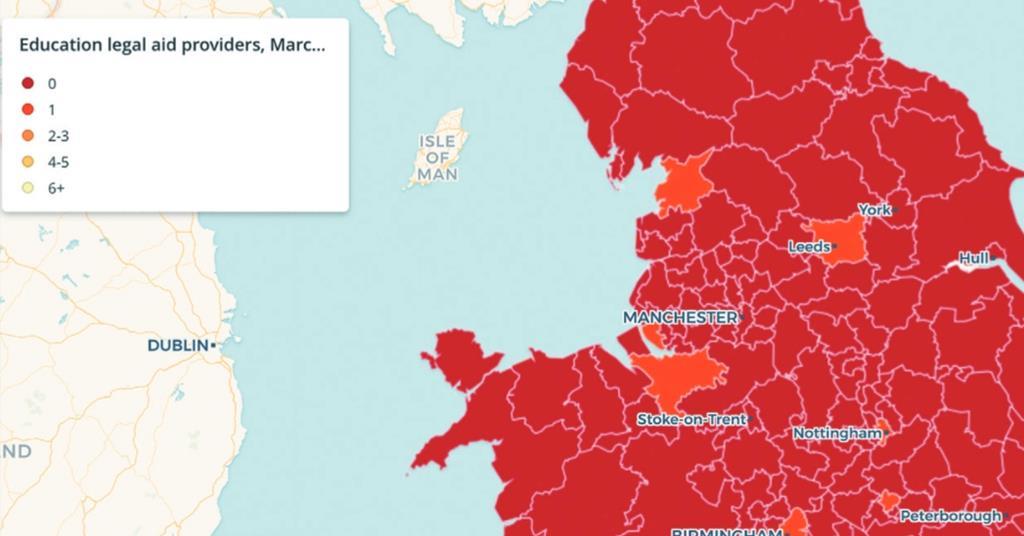Navigating Family Wealth and Estate Planning: Challenges and Solutions
Family Wealth Disputes: A Modern Legal Quagmire
Throughout history, family wealth disputes have been a common occurrence, though they seldom match the dramatic portrayals seen in Hollywood. The 2019 film Knives Out captivated audiences with its depiction of a family embroiled in conflict following the death of their patriarch. While the silver screen often exaggerates these disputes, the reality is that it only takes one disgruntled family member to upend estate planning, a situation exacerbated by the financial strains of the pandemic and the complexities of modern blended families.
Natasha Stourton, a partner specializing in trusts, estates, and inheritance disputes, highlights the challenges faced by families today. “Choosing who will inherit your wealth and how much they will get can be hard enough for even the simplest families,” she explains. The introduction of stepchildren, adoption, and surrogacy into family dynamics adds layers of potential conflict.
Alison Parry, another legal expert, points out the difficulties in estate planning for blended families, where beneficiaries may not always see eye to eye. The fluid nature of relationships means that the dynamics at the time of will creation may not reflect those at the time of death, necessitating protective measures for each beneficiary.
The case of Elizabeth Hurley’s son, Damian, being denied a significant inheritance from the Bing family trust, underscores the complexities and potential for dispute in modern inheritance issues. This situation highlights how legal challenges and domicile considerations can complicate estate distribution, with laws varying significantly across jurisdictions.
In England and Wales, the principle of testamentary freedom allows individuals considerable leeway in deciding how to distribute their assets, including the option to leave estates to stepchildren without obligation to biological children. However, the Inheritance (Provision for Family and Dependants) Act 1975 provides a mechanism for those left without reasonable financial provision to challenge a will, as demonstrated by the claim against singer George Michael’s estate.
Internationally, the concept of forced heirship in countries like France contrasts with the English system, requiring a portion of an estate to be left to direct kin. This can create complications for families with assets in multiple jurisdictions, as seen in the case of Bernard Matthews and French rocker Johnny Hallyday, where differing national laws led to contested inheritances.
Legal advisers stress the importance of open family discussions and professional guidance in estate planning, especially for those with complex family structures or international assets. Charlotte Coyle, a family solicitor, emphasizes the need for clear communication between all parties involved to prevent disputes and ensure that the intentions of the deceased are understood and respected.
Jill Shipley, an expert in family governance, notes that while discussing wealth transfer can be challenging, especially in cultures less accustomed to open conversations about money, it is crucial to address these issues proactively. The alternative, she warns, can lead to costly and emotionally draining legal battles that can fracture family relationships and deplete the very wealth being contested.
In conclusion, as families evolve and become more complex, so too do the challenges of estate planning and wealth transfer. The key to mitigating disputes lies in clear communication, careful legal planning, and a willingness to confront difficult conversations head-on, ensuring that the legacy left behind is one of harmony rather than conflict.
This article is part of FT Wealth, providing in-depth coverage of philanthropy, entrepreneurs, family offices, as well as alternative and impact investment.


